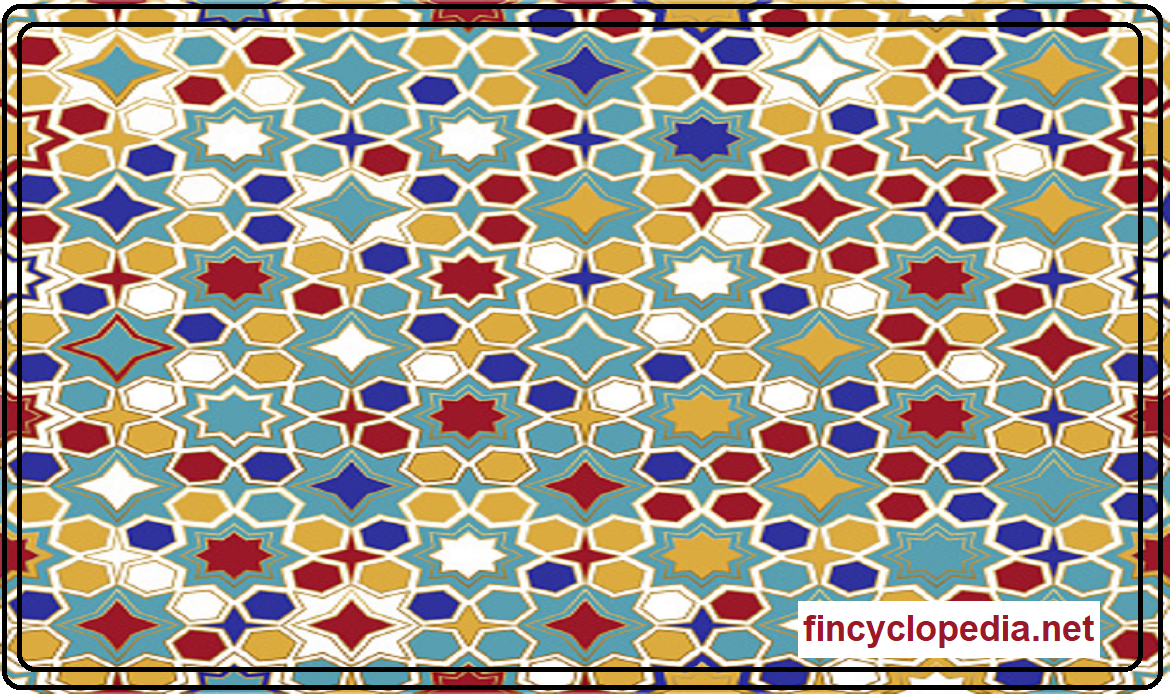A doctrine of Islamic law (shari’a), and a secondary source of shari’a, which refers to the application of a previous ruling (hukm) as long as no other contradictory or negating evidence is available from a definitive main source (Quran or Sunnah). For instance, if a person claims he lent another an amount of money, and demands repayment. But there is no material proof of this debt. Istishab (spelled istis-hab) will consider the other person free from debt as there is no tangible proof of his liability in the first place.
Istishab is an Arabic term (استصحاب، الاستصحاب) that translates as “presumption of continuity“.




